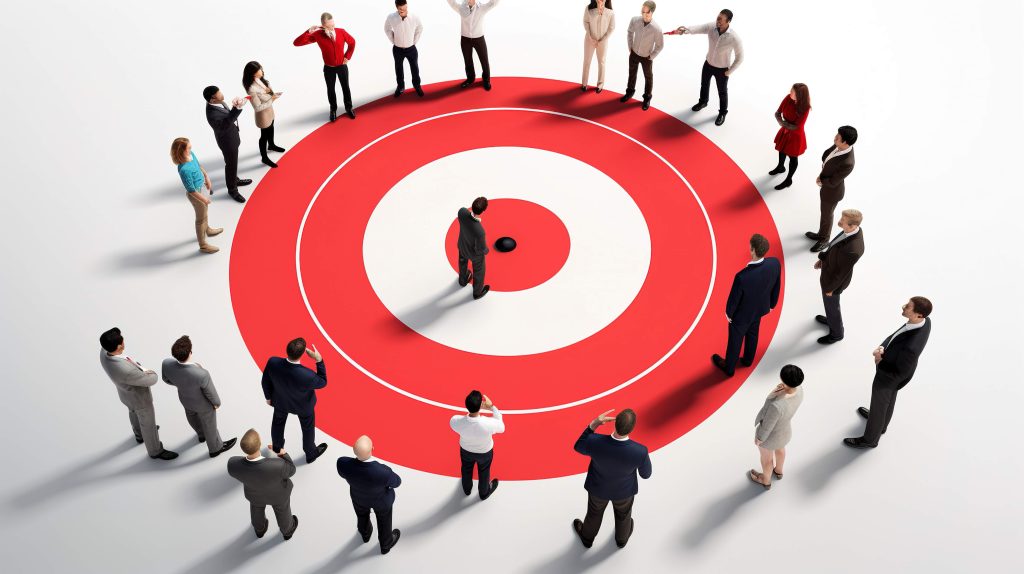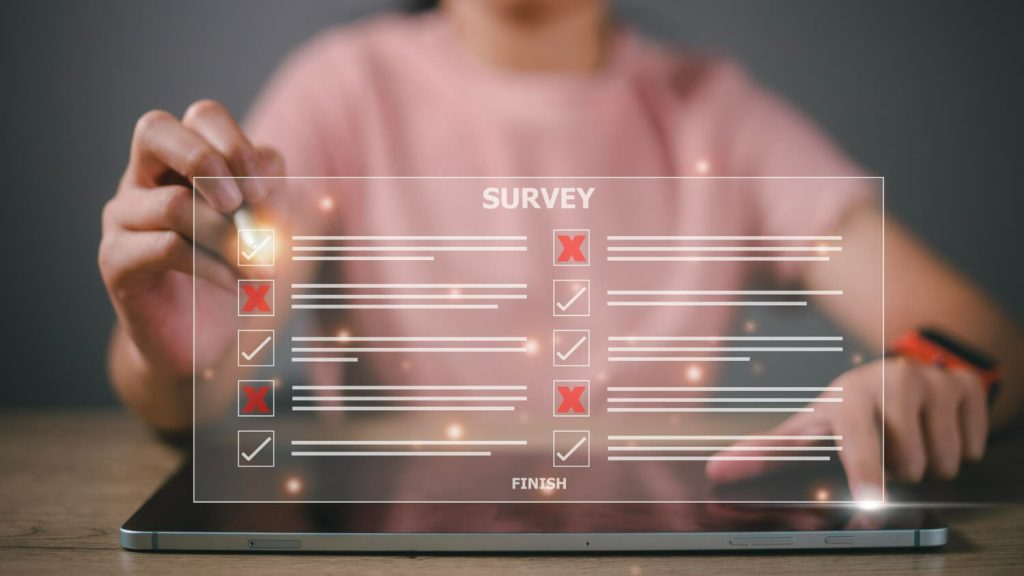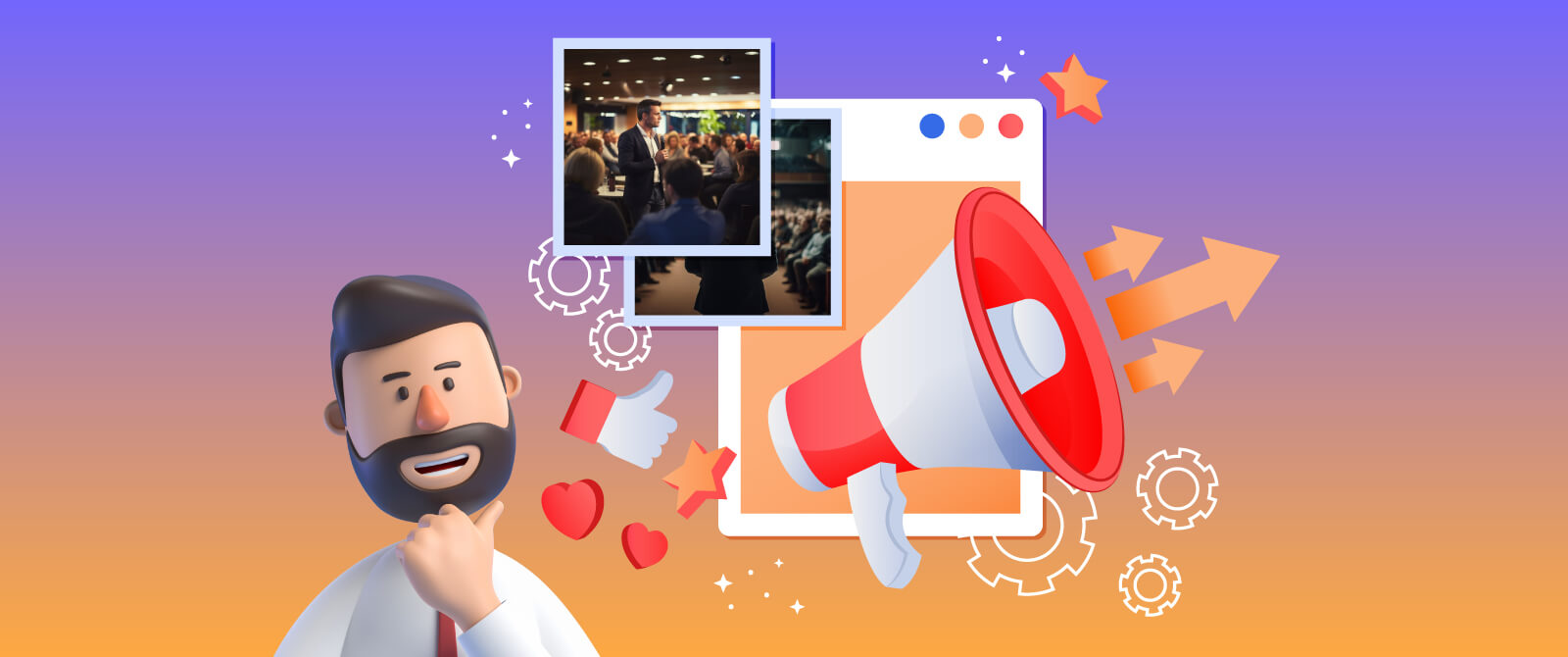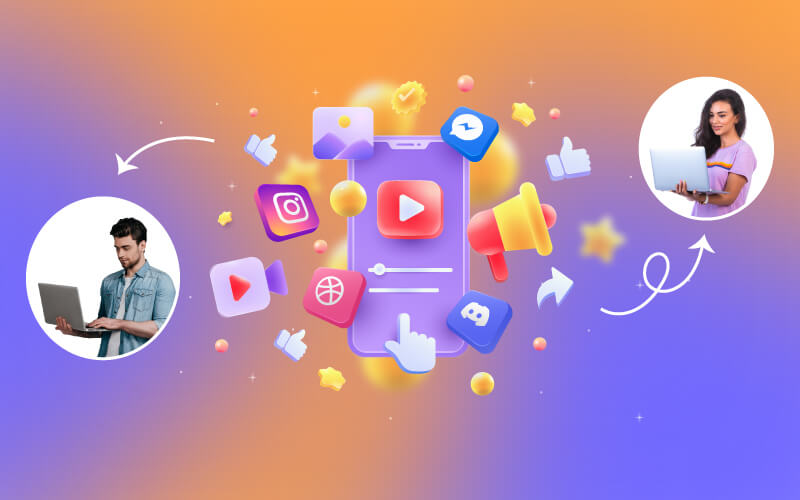Pre-event marketing is imperative universally equal to any event’s realization. Pre-event promotion is effective for two main reasons: it helps make sure that everyone comes and, at the same time, keeps the audience interested and thrilled by the upcoming event. This comprehensive guide explores the best practices and ideas for creating powerful pre-event marketing campaigns, covering everything from understanding your audience to leveraging technology.
Table of Contents
Understanding Pre-Event Marketing
The importance of pre-event marketing ideas is in their ability to set the tone for the event, build momentum and create a buzz that translates into higher attendance and participation.The primary goals of pre-event marketing campaigns include increasing ticket sales, boosting brand visibility, and engaging the target audience to ensure they are excited and informed about the upcoming event.
Identifying Your Target Audience
To run a successful marketing campaign, you should have a profound knowledge of your target customers. You should start by grouping your customers according to their demographic characteristics, interests, or behaviors. Surveys, social media insights, and website analytics. In regards to how best to tailor your message and strategy for different segments, it can be said that creating detailed audience personas allows you an opportunity for identifying individual requirements specific to them so that you can communicate with them effectively and ensure their involvement.

Crafting a Compelling Message
A persuasive message complements your marketing strategy and should express the benefits of attending the event while pinpointing what is special about it. Begin with coming up with a keynote that sits well with your target audience. This should include a strong value proposition that answers the question, “What’s in it for me?” Additionally, a clear and strong call to action (CTA) is essential to guide your audience on what to do next, whether it’s registering for the event or sharing it with their network.
Building a Multi-Channel Marketing Strategy
A multi-channel marketing strategy ensures that you reach your audience wherever they are. Here’s how to leverage different channels effectively:
Email Marketing
Email marketing is highly effective for promoting events ahead of time. Key actions involve dividing your email list for sending focused emails, personalizing content to enhance interaction and using striking headlines. Consistent updates, special previews exclusive to some selected people and emails counting down towards the beginning, can result in an eager audience.
Social Media Marketing
If you want to get people talking about your event, social media platforms are the way to go use. Find out where people are most active and customize whatever you post to fit the platform. Put up captivating images, make some hashtags that are only about the event so that other users can follow what is happening and also ask them to post their own images. Live videos, behind-the-scenes content, and interactive posts like polls and contests can significantly boost engagement.

Content Marketing
Creating valuable and relevant content to attract and engage the audience is what content marketing is all about. To drive interest, you can use blog posts, videos or infographics about the event, speakers or the related topics. For visibility and organic traffic increase, your content must be optimized for search engines.
Influencer Partnerships
Working together with influencers can broaden your reach and enhance your credibility. Discover those influencers who resonate with the theme of your event and its audience. Establish a partnership so as to come up with original content that champions the publicity of the event eg reviews, live mentions, or takeover posts.
Paid Advertising
Investing in paid advertising can enhance your visibility and reach a broader audience. Pay-per-click (PPC) campaigns on search engines, social media ads, and retargeting strategies can be highly effective. Ensure your ads are visually appealing and have a compelling CTA to drive conversions.
Leveraging Technology and Tools
Technology can streamline your pre-event marketing ideas. Event marketing software offers features like email automation, social media scheduling, and analytics tracking. Tools such as Google Analytics can assist you track how well your campaign is performing while giving you ideas on how to make them better. In the meantime, it is easier to make use of automation tools which let you set time for sending out posts, as well as emails without spending too much time thinking about what to do next thus concentrating on strategic thinking along with innovation.
Engaging Your Audience Early
Early engagement is key to building excitement and ensuring higher attendance. Here are some strategies:
Teaser Campaigns
To create anticipation and keep your audience engaged, teasers help by showing them a hint of what they should look forward to. These may be sneak peeks, such as preview videos, or announcements of speakers, among others. For teasers to be perfect, they must be engaging enough without disclosing everything, thereby prompting the audience to anxiously wait for further information.
Early Bird Offers
Giving early bird discounts increases registration before time. There is a sense of urgency with limited time offers and they make people act faster. They also help retain some early registrants, something that can be used as a way of attracting more participants.
Contests and Giveaways
Organizing contests and offering free items are great for ensuring that information spreads fast and that individuals are involved. You can ask the attendees to post the event’s information on social media, tag friends as well as create anything associated with it. Hereby, the audience size is expanded while at the same time promoting cohesiveness among them hence arousing pleasure and thrill among them.
Event Engagement Ideas
Effective pre-event marketing campaigns often include strategies to enhance event engagement. Here are some ideas:
Event Gamification
Event gamification involves incorporating game-like elements into your event marketing. Healthy competition, game boards, and awards are some examples. Furthermore, it has the potential of turning the before-event stage into something that is engaging and enjoyable, hence stimulating participants into interacting even more fully among themselves and with the content of such events.
Collaborating with Partners and Sponsors
Partnerships and sponsorships can significantly boost your pre-event marketing efforts. Here’s how to maximize these collaborations:
Identifying Potential Partners
Seek partners whose audience falls in the same line as yours, it could be fellow businesses/organizations/influencers therefore finding them approachable for a clever conversation about how we can help each other.
Co-Branding Opportunities
Your event visibility and credibility can be improved if you engage in co-branding. Working with partners to develop joint promotional materials, organizing co-hosted webinars, or carrying out collaborative social media campaigns are some of the ways of going about it. Make sure that the process of co-branding flows smoothly and adds value for both sides.
Cross-Promotion
Boost your partners and sponsors intercompany networks for joint commerce purposes. This could mean the use of emails as a marketing tool, talking about each other on social media platforms, or even writing about one another on blogs which are interconnected. From cross-promotional activities, one is able to reach more people thereby targeting different types of customers.
Utilizing Data and Feedback
Data and feedback are invaluable for refining your marketing strategy. Here’s how to leverage them effectively:
Surveys and Polls
Perform survey before events. Surveys can give the information you need about your audience’s likes and anticipations, including what they expect from your event. Use the insight to tailor your marketing messages. As well, polls on social media, like Facebook, can help engage followers giving faster responses.

Analyzing Pre-Event Engagement
Keep tabs on metrics such as email open rates, social media engagement levels and incoming traffic to your website. Review this data so you can spot trends as well as identify when things are not going well. Use these observations when you are making changes to ensure optimal results are achieved.
Adapting Based on Feedback
Be amenable and answerable to feedback from others. When people in the audience indicate to you what kind of content or topics they would be interested in, then you should update your plans accordingly. It shows that you care about their ideas as well as wanting to make their encounter worthwhile.
Conclusion
Pre-event marketing needs a careful design and implementation. It is a complex but not unmanageable technique when comprehended to the target market, with a compelling message that is taken through different promotional avenues aimed at ensuring a memorable event. Please use technology, start engaging the audience early, and partner with people to the maximum. Always use data and feedback to sharpen your strategies and ensure that you are able to respond to your audience’s needs. With these best practices and ideas, you can set the stage for a memorable and impactful event.
In-Person Events!
Simplified Event Planning and
Execution With Our Event Tech Suite





















